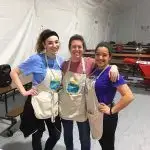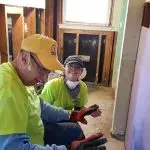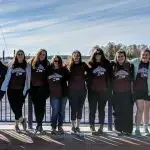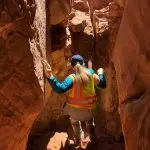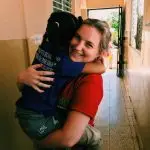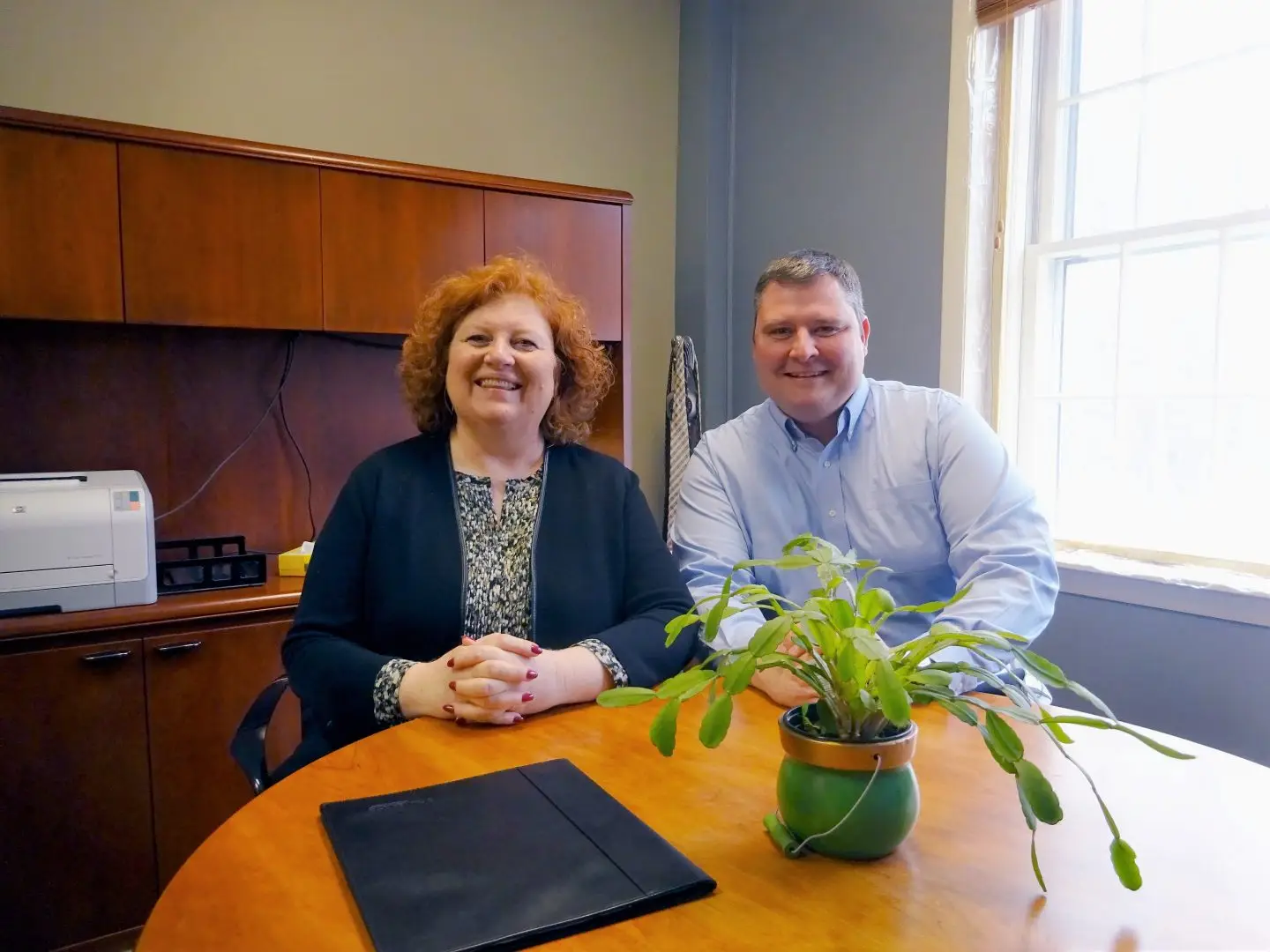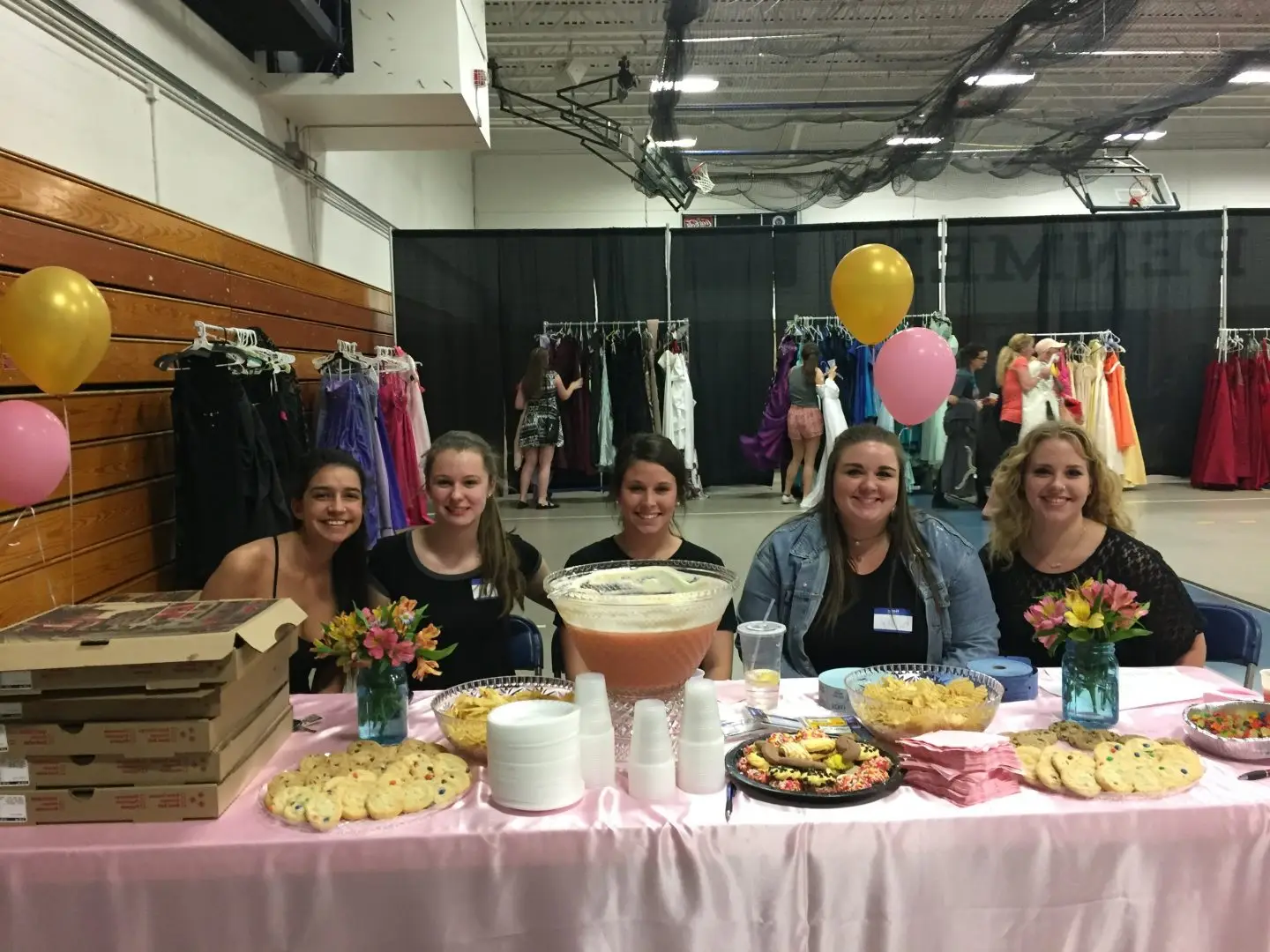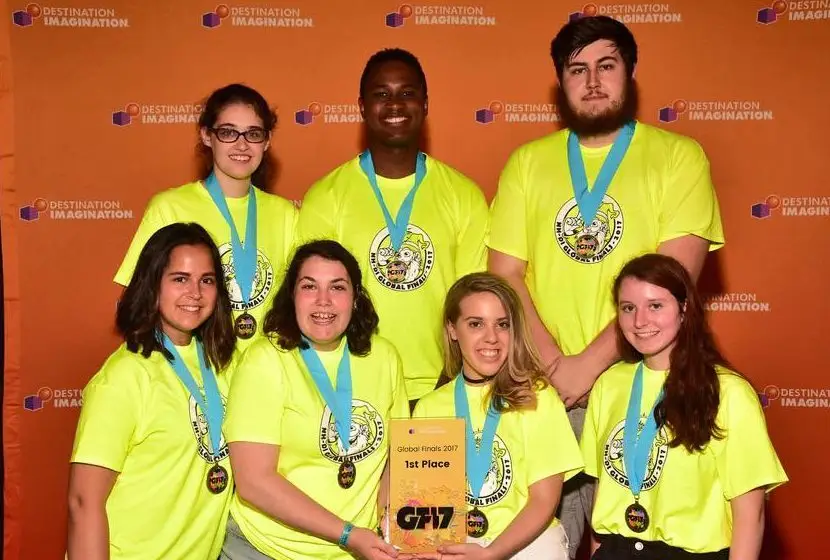When a student returns from an alternative spring break (AB) trip, there are no words, no possible way to explain the impact it had on them personally. Their past week has been overwhelming, emotional, but invaluable.
The Chandler Center, SNHU’s office for community engagement, organizes at least four AB trips a year. They make the trips as affordable as possible with the prices usually being $250 to $1000. They expand across the nation in states like Virginia, Ohio and Utah and usually have one international option. AB trips offer students a chance to immerse themselves in a week-long service project aime
d at a specific social cause.
The Chandler Center uses these trips to promote active citizenship. An active citizen is a community member that has thoroughly dedicated themselves to the service of their chosen cause(s). Active citizens continually educate themselves about social issues and the ways they can impact their community. From there, they take an active role in combatting the issue.
Key tenets of the AB experience are learning, service, and reflection.
Throughout the second semester, participants will attend pre-trip meetings to be as educated as possible on the cause before traveling to their location and working with a community partner. The Chandler Center stresses the importance of education rather
than “voluntourism,” a concept that critiques those who do short-term service and end up creating more harm than good. Every day on the trip, participants will take the time to reflect as a group, and after returning from the trip, participants from all trips are gathered to reflect together.
Washington D.C.
In Washington D.C., alternative breakers worked to understand the causes and effects of urban homelessness. The trip was lead by Hannah Lewis (‘19), who went on the trip last year as a participant.
“As both a participant and trip leader, I approached the way I served on this trip differently than when I was just a participant. Of course, I still actively participated in service projects, but I made an effort to allow the participants to really take the reins and jump in first when help was asked,” Lewis said.
The community partner for this trip was the Steinbruck Center, a nonprofit that specifically works with groups like alternative breakers.
Unlike the other AB trips, students on the D.C. trip worked with other organizations aside from their partner organization.
Participants served breakfast at Charlie’s Place, sang with a gospel group, prepared food for students at Martha’s Market and handed out lunch on the streets with the National Coalition for Homelessness.
Lewis understood the magnitude of the homelessness crisis in D.C. from her trip last year, so her focus was on teaching her participants that they could only impact people’s immediate needs throughout their brief week of service.
Arielys Liriano (‘21), a participant on the trip, said, “. . . . It was hard to accept that volunteering wouldn’t help solve the core problem and help the individuals come out of homelessness.”
Instead, Liriano addressed the similarities between our nation’s capital and the issues we see in Manchester. One of the main goals of an AB experience is to give students the tools and knowledge to apply to their home community. When a community member becomes passionate and educated about a social issue, they are one step closer to being an active citizen.
This was something trip advisor Elaina Hill reflected on. “I am appreciative of the opportunity to learn and grow through our service, and the impact of this experience will no doubt extend into our communities in the surrounding area,” Hill said.
Utah
The Alternative Break trip to Moab, Utah was lead by trip coordinators Nejra Fazlic (‘19) and Ryan Bailey (‘19). This trip focused on teaching its participants about environmental sustainability with the national park service rangers at Arches National Park. The group worked to clean up and maintain the trails by moving rocks, replacing fences and rehabiliting areas surrounding the trails.
While the pre-trip meetings allow the participants to learn about the cause and community partner they will spend a week with, it also makes them consider the ways they will intentionally dedicate themselves to the service. Fazlic and Bailey made this a key component of their teaching style by having 100% waste-free meetings.
“By the third or fourth meeting, all meeting agendas, activity materials, and other resources were completely digital. In addition to that, we had several conversations about being more intentional when it comes to waste production, buying more sustainable products, and how to honestly assess yourself and your practices,” Bailey said.
The lesson didn’t stop there. Rachel Hagan (‘19), a participant, said “This trip really taught me how easy it is to produce and recycle waste. . . At the end of the [trip] week, we generated about two bags of garbage but about five bags of recyclables!”
Fazlic and Bailey emphasized the value they place on the relationships they’ve built throughout their multiple trips, so inclusivity was at the forefront of their mind.
Unfortunately, Bailey was sick and unable to attend the trip. This was Fazlic’s first time coordinating a trip, and she had already stepped into the role late following Bailey’s previous co-coordinator backing out.
“I also wasn’t sure how well I would do as the only coordinator during the trip but things actually turned out really well. I remained calm and collected and was determined to be inclusive of everyone’s thoughts and ideas during our time in Utah,” said Fazlic.
Gabe Reim (‘20) felt that value of inclusion and came away with a feeling that most alternative breakers discuss. “The most surprising portion of this trip was how close I got to those I went on the trip with. By the end of the trip, we were practically speaking in inside jokes and felt like we had genuinely learned so much about everyone on the trip.”
Dominican Republic
The Dominican Republic trip was the one international AB experience offered this year, and it was led by trip coordinators Nicole Clark (‘19) and Izzy Proia (‘20). This trip works with the non-profit Outreach 360 to fulfill its mission to “enhance education to underserved populations in Latin America.”
Liz Freitas (‘21) chose to go on an alternative break trip to push herself outside her comfort zone, but it provided her more than that from the relationships she built while serving. “The most surprising part of the trip for me was how emotional I was leaving Colegio and the students. I wasn’t expecting to form such a bond with the students and leaving them was the hardest part about that trip,” said Freitas.
North Carolina
The North Carolina AB trip was lead by trip coordinators Katie Brunelle (‘20) and Caylin Viets (‘21) as they worked with community partner Rebuilding Together, Pitt County. On this trip, participants had the opportunity to do more direct service. The group was split into two, each working on building a house throughout the entire week.
Brunelle, who attended the Dominican Republic AB trip last year, also stated the importance of the relationships that are built throughout the AB experience.
“I’m hoping that [the trip participants] take away skills that they’ll be able to use post-graduation, but also people skills. I think that it’s important to build the relationships that they have with each other but also important to establish relationships while they’re down there and just learning to be comfortable in settings like this,” Brunelle said.
AB is not an easy experience as anyone of these participants will tell you. This includes Professor Josh Harwood, who was the trip advisor.
“Seeing devastation first-hand and realizing even a little help can go a long way is so powerful. All students need to do an AB trip before they graduate,” said Harwood. Harwood has been outspoken about his gratitude for the alternative break experience, describing how impactful it is to him even as faculty.


